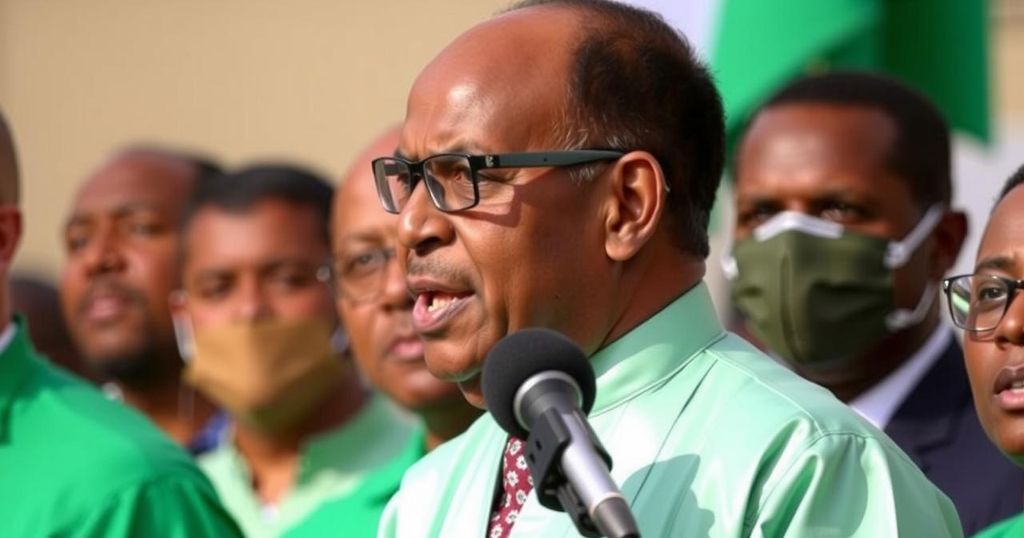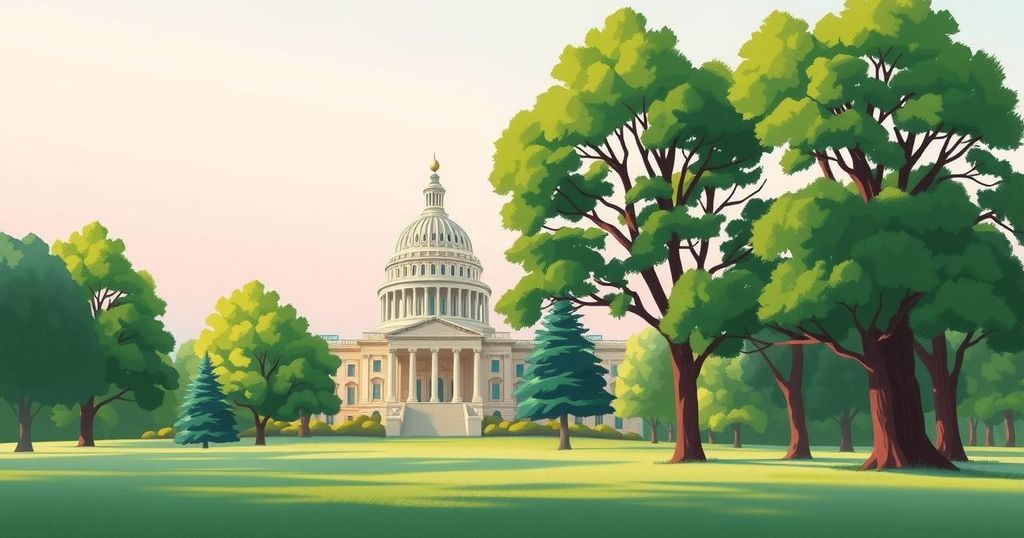Chad’s Ruling Party Dominates Parliamentary Elections Amidst Opposition Boycott
Chad’s ruling party, the Patriotic Salvation Movement, has secured a majority in the December parliamentary elections, winning 124 out of 188 seats. The main opposition parties, including Transformers, boycotted the election, labeling it a “charade,” which raises questions about its credibility. This election is crucial in the ongoing process of transitioning Chad towards democracy following President Mahamat Idriss Déby’s rise to power after his father’s death.
In the recent parliamentary elections held in December, Chad’s ruling Patriotic Salvation Movement (MPS) has emerged with a decisive majority, winning 124 out of 188 seats, according to provisional results released by the electoral commission. The election recorded a voter turnout of 51.5 percent and marked the first parliamentary elections in more than a decade. This electoral victory is expected to further consolidate the political authority of President Mahamat Idriss Déby, despite significant opposition boycott from over ten political parties, including the prominent Transformers party. The boycott reflects the opposition’s concerns regarding the credibility of the electoral process, which they termed a “charade,” fearing it might parallel the disputed presidential election of the previous year. With the recent elections encompassing regional and municipal votes, they represent the final phase in Chad’s transition to democracy following Déby’s ascension to power as a military ruler after the demise of his father, long-standing president Idriss Déby Itno, in 2021. President Déby has expressed that the elections aim to advance decentralization within the political system, distributing power to provincial and municipal authorities. However, the opposition’s absence from the polls raises questions about the legitimacy of this electoral process, casting shadows over Chad’s democratic transition amidst ongoing security challenges and changing international relations, particularly with France.
Chad has had a tumultuous political landscape, characterized by military rule and authoritarian governance. Following the death of Idriss Déby Itno in 2021, his son, Mahamat Idriss Déby, took command and promised a transition towards democracy. The December 2022 parliamentary elections, which were conducted after an extensive interval, aimed to validate this promise. However, the opposition’s collective boycott has raised substantial allegations against the credibility of the electoral process, reminiscent of the contentious presidential election that preceded it.
The results from Chad’s parliamentary elections underscore the ruling Patriotic Salvation Movement’s firm hold on power, resulting in significant implications for the future of democracy in the country. The opposition’s boycott reveals deep-rooted concerns about electoral integrity, casting doubts over the legitimacy of the process. As President Déby’s administration seeks to push for decentralization amidst ongoing security and political challenges, the effectiveness of these measures remains to be tested in the court of public opinion and governance.
Original Source: www.rfi.fr




Post Comment